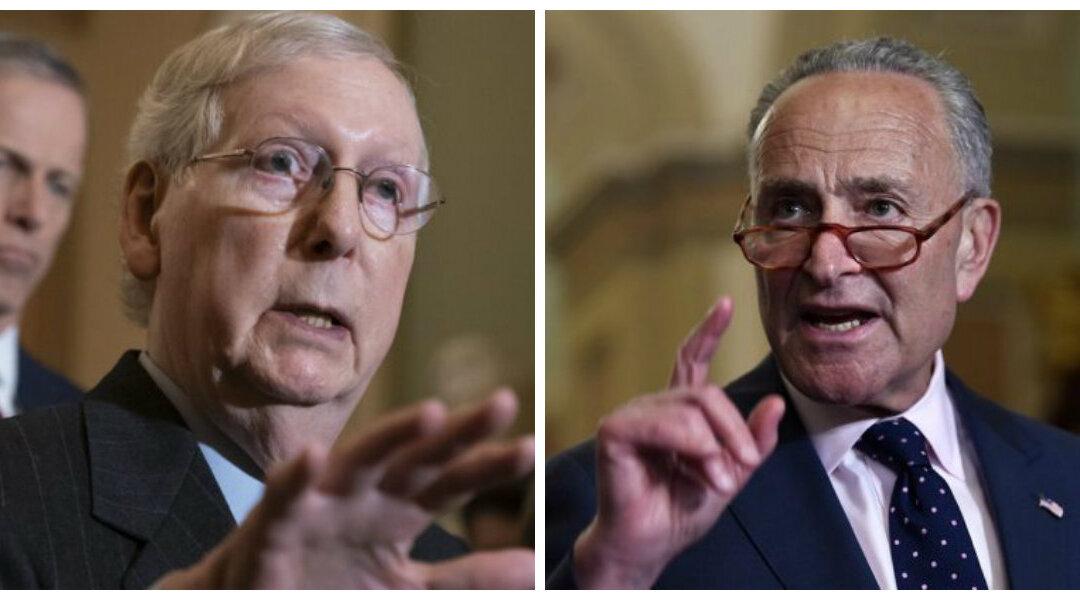Senate Republicans on Tuesday used the filibuster to block a Democrat-backed bill that would address the “wage gap” that allegedly exists between men and women.
The Paycheck Fairness Act, which faced significant opposition, failed by a vote of 49-50, falling short of the 60-vote threshold needed to overcome the filibuster. Sen. Kirsten Gillibrand (D-N.Y.) missed the vote.





